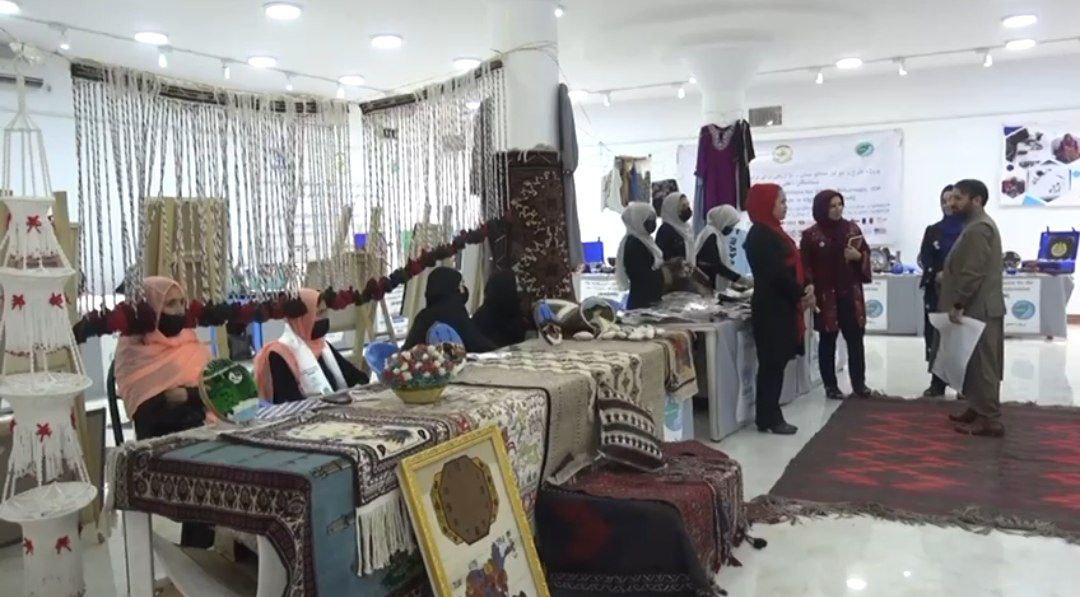The United Nations World Food Program (WFP) has warned that women have increasingly limited opportunities to earn a livelihood, further exacerbating the country’s economic challenges.
In a post on X, the WFP highlighted that amidst these restrictions, thousands of women remain the sole breadwinners for their families.
Since the Taliban’s return to power in Afghanistan, women have been banned from working for both domestic and international organizations. Over the past three years, the Taliban have issued more than 70 decrees that severely restrict women’s rights and freedoms, stripping them of basic human and Islamic rights.
In one of their latest moves, the Taliban approved a new law under the title “Law of Promoting Virtue and Preventing Vice,” which prohibits women from speaking in public spaces where men are present. The law has sparked widespread domestic and international condemnation.
Most recently, Germany, Australia, Canada, and the Netherlands issued a joint statement on the sidelines of the 79th United Nations General Assembly, announcing their intent to file a complaint against the Taliban at the International Court of Justice (ICJ). The complaint accuses the Taliban of violating the Convention on the Elimination of All Forms of Discrimination Against Women. The nations warned that if the Taliban do not cease their violations of women’s rights within six months, they will pursue legal action at the ICJ in The Hague.
In their latest decree, the Taliban have also declared women’s faces as “awrah,” or a part of the body that must be covered, labeling it as forbidden for women to show in public. The Taliban leader further referred to women’s faces as a “source of sedition” during a meeting with officials in Kunduz.
The continued curtailing of women’s rights under Taliban rule has drawn widespread international concern, as Afghanistan remains one of the most restrictive countries in the world for women.





